Lufthansa A388 at Frankfurt and San Francisco on Oct 9th 2011, fumes permanently injure flight attendant
A Lufthansa Airbus A380-800, registration D-AIMB performing flight LH-454 from Frankfurt/Main (Germany) to San Francisco,CA (USA) with an unknown number of passengers and 24 crew, was climbing out of Frankfurt when a strong chemical odour of dirty socks was observed in cockpit and cabin. The flight crew contacted dispatch who told the flight crew that one of the engines had been washed prior to departure, the bleed air suppy was deactivated on that engine and the odour dissipated. The aircraft continued the flight to San Francisco. During the descent towards San Francisco the odour re-appeared even stronger than on departure despite the bleed air still being deactivated on the washed engine. The aircraft landed safely in San Francisco.
As a precaution following the fumes events two of the flight attendants went to see the San Francisco's doctor assigned by Lufthansa to seek advice, but the doctor wasn't available, only a sign indicating on the door that he'd be back shortly, however, the doctor didn't return the entire afternoon. The two joined the crew for their scheduled return flight and worked normally on the return flight.
Arriving at home immediately after the return flight one of the two flight attendants seeking medical advice in San Francisco felt very sick. During subsequent medical checks it turned out that the flight attendant had received serious injuries, that are still seriously affecting the flight attendant's health more than two years later rendering the flight attendant unable to work due to headache, permanent tiredness, lack of concentration, lack of energy, burning eyes and related shortcomings.
The Aviation Herald learned of the accident through the family of the injured flight attendant in October 2013. The family stated that a laboratory test by a US university had proven an intoxication with TriCresyl Phosphate (TCP).
The report on research laboratory tests conducted in January 2012 produced by the Medical Center of the University of Nebraska confirmed: "Sample [number omitted] was positive for exposure to tri-o-cresyl phosphate."
Tri-o(rtho)-cresyl phosphate (ToCP) is one of the 10 isomers of tri-cresyl-phosphate (TCP), a substance belonging to the chemical family of organo-phosphates, which are used for special aviation lubricants. One of the widely known members of the family of organo-phosphates is the nerve agent Sarin.
The family reported, that this report was not recognized by Germany's Authorities like "Arbeitsmedizinischer Dienst" (occupational health service), health insurance, Luftfahrtbundesamt (LBA, Civil Aviation Authority), the airline or the related cabin crew association, hence the medical status of the flight attendant was not acknowledged as work accident resulting from the occurrence flight. Necessary treatment to overcome the intoxication was thus not available to the flight attendant. Quite the opposite, the family told The Aviation Herald, the Medical Center of the University of Nebraska was "advised" to not conduct those tests anymore.
A second medical examination in Germany conducted in October 2013 by the Medical Center of Tagesklinikum Cham reported a lot of medical values identifying degradation products of organo-phospates and related antibodies. The report states: "Es liegt jetzt schon eine signifkant eingeschränkte Fähigkeit des Organismus vor mit Toxinen umzugehen, die bei einem Fumes Event freigestellt werden." (Translation: Already now a significantly reduced capacity of the organism exists to handle toxins that are being released during a fumes event.)
The medical expertise concludes: "Das gefundene Abbauprodukt stammt eindeutig von einem primären Organophosphat. In Bezug auf das stattgehabte Fume event kommt nur das Trikresylphosphat als Primärsubstanz zum Tragen. Somit ist der Kontakt und die klinische Bedeutung, die für den Zustand [name omitted] verantwortlich ist, gesichert." (Translation: The found degradation product undisputably originates from a primary organophosphate. With respect to the happened fumes event only tri-cresyl phosphate takes effect as primary substance. Hence contact and clinical significance, responsible for the status of [name omitted], are verified.)
The expertise recommends a number of therapies to help the flight attendant's body to get rid of the intoxication and recover from Neuropathy.
Associates of the flight attendant stated the flight attendant was healthy and in good spirit the day before departure to San Francisco. After the return from the rotation they nearly could not recognize the flight attendant, who was pale, weak and apathetic, the status has not noticeably improved since.
Lufthansa's press department refused to comment on questions like whether there was a doctor accredited in San Francisco and why that doctor wasn't available, or whether they were able to identify any cause of the smell/fumes on board of D-AIMB stating that they won't disclose any personal data of their employees. When The Aviation Herald queried, that absolutely no personal data of the flight attendants involved were asked for, Lufthansa spokesman Michael Lamberty stated: "aus unterschiedlichen Gründen, können wir abschließend keine Fragen entdecken, auf die wir näher eingehen könnten" (translation: for a number of reasons and in conclusion we can not detect any questions, that we could respond to).
Germany's Luftfahrtbundesamt (LBA, Civil Aviation Authority) stated on Oct 15th 2013, that they were not aware of the occurrence.
Germany's BFU (accident investigation board) told The Aviation Herald, that they received a written report about the flight of Oct 9th 2011 on Oct 23rd 2011, the narration of events in that report prompted the BFU to rate the occurrence not as accident or serious incident, an investigation was not opened as result. The BFU said, new evidence presented by The Aviation Herald and the family of the flight attendant is being assessed, might change the classification of the occurrence and thus prompt an investigation, a decision is pending.
The United States NTSB reported, they were not aware of the occurrence, the responsibility for the investigation would be with Germany's BFU however.
The responsible German federal "Amt für Versorgung und Soziales" (Department for Care and Social Services) issued a ruling in March 2013, that the flight attendant was handicapped to a degree (GdB) of 50 (signifying severe disability), and argued, that the flight attendant had been intoxicated by TCP and suffered from reduced capacity, Polyneuropathy and reduction of brain capacity as well as depressive disturbances.
Germany's Berufsgenossenschaft für Transport und Verkehrswirtschaft (Professional Association for Transport and Traffic) representing cabin crew rejected any compensation claims in May and October 2013 ruling, that a concrete proof of TCP or other related harmful substances affecting the flight attendant's health was not presented, hence a work accident did not occur. The Association acknowledged however that the captain of the flight immediately suspected intoxication by TCP.
http://avherald.com/h?article=46c79b49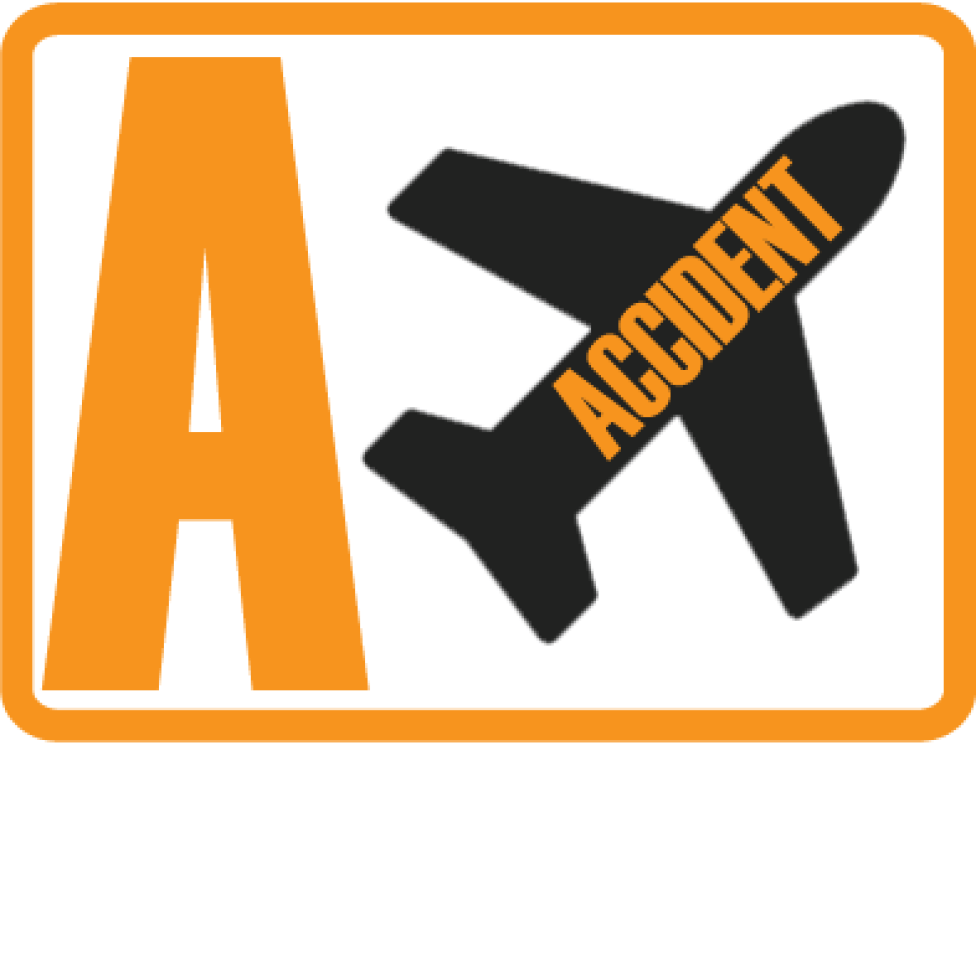


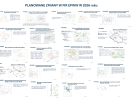
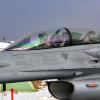
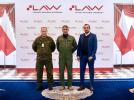


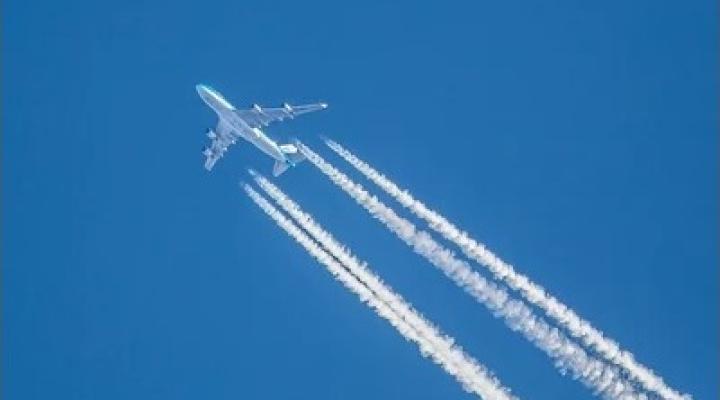


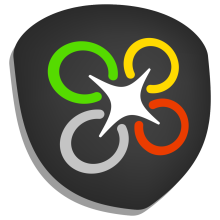



Komentarze